You’re in the market for a used piano. What should you look for? What should you avoid?
When it comes to buying a piano, it can be as intimidating as trying to find a good used car. Sure, it may look good on the outside, but does that guarantee you’ll have success with it down the road?
To avoid buying a piano that is anything less than perfect, you’ll need to know how to find its hidden problems.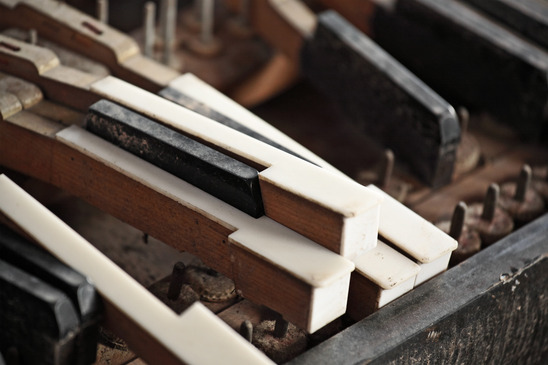
Start by inspecting the keyboard. The most used part of a piano is its keys. They take a beating, and can be a clear indication that the piano was abused instead of played. Look at the color, look for chips, and look for keys that simply don’t line up. Then strike each key a few times and try out pitches, length of note, and volume. Signs of damage can show up as a buzzing noise or a vibration, notes that are off key, notes that sound like two playing at once, or simply a key that won’t play at all.
Look at the piano’s finish. Don’t just stand in front of it; walk all the way around, looking for chips, cracks or even signs of warping. If a piano was subjected to different humidity patterns, it will show up in the finish. Which in turn will tell you that the inner workings may have been compromised.
Head down to the pedals and make sure they respond. Piano pedals can become unresponsive or simply not work at all for a variety of reasons. They may have received damage in a move, or they simply may have been mistreated throughout its life. Test each pedal with the keyboard and look for clean, balanced tones.
Next move to the inside of the piano and check out the soundboard. The soundboard is located underneath a grand piano, or behind an upright. It should be a clean, straight piece of wood fully connected and reinforced to the piano itself. If any cracking or warping has occurred, it may lead to strange buzzing or rattling sounds.
The hammers should also be checked. Each hammerhead is covered in felt. The felt should be clean and smooth, not worn down or uneven and with grooves. If the wood is exposed through the felt, it may have caused extensive damage to the strings themselves.
And finally look at the pinblock. The pinblock is a wooden piece near the bridge of the piano that holds the tuning pins in place for each string. If the wood is damaged, the pins can loosen, which can cause a buzzing sound and bad pitch. Make sure there is no cracking or splintering, and that pins are snug and secure, without rust or other damage.
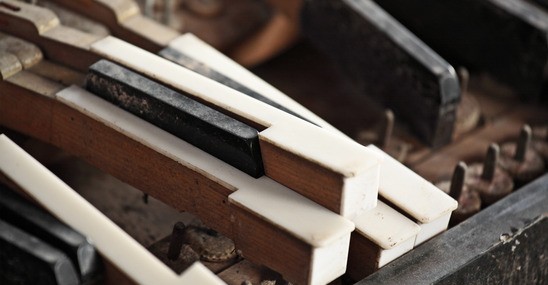

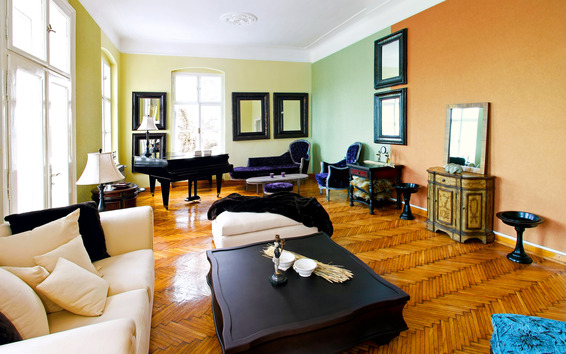
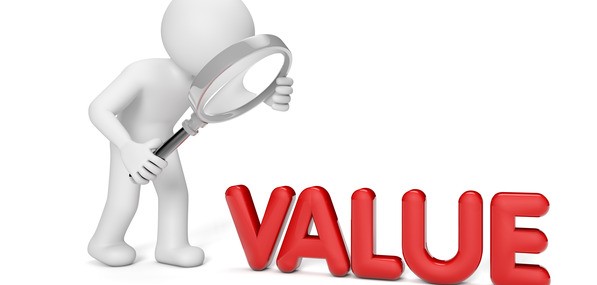
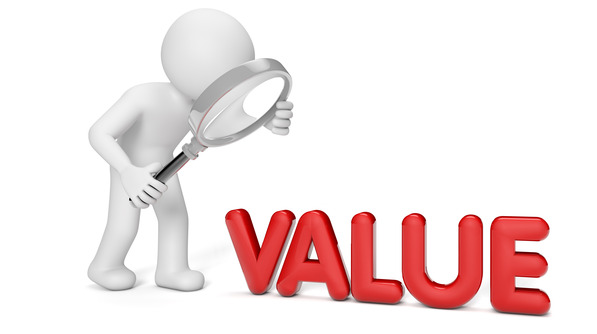

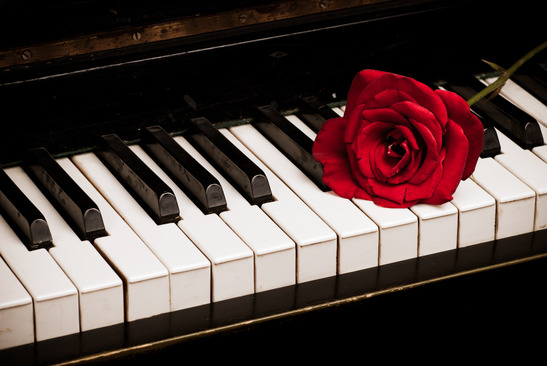


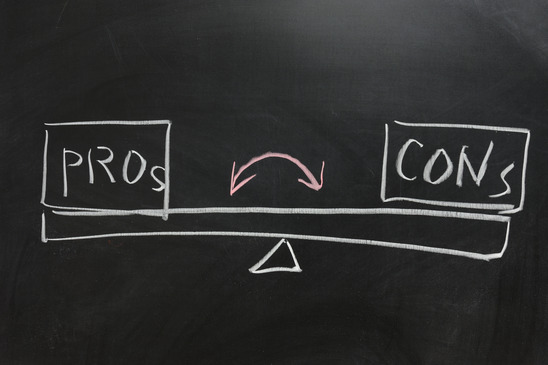 Because pianos offer longevity, in addition to being able to purchase a new one, you also have the option of purchasing used. If you are looking to purchase a used piano, you need to identity your needs as well as other factors. Let’s take a look at the pros and cons of buying a used piano:
Because pianos offer longevity, in addition to being able to purchase a new one, you also have the option of purchasing used. If you are looking to purchase a used piano, you need to identity your needs as well as other factors. Let’s take a look at the pros and cons of buying a used piano: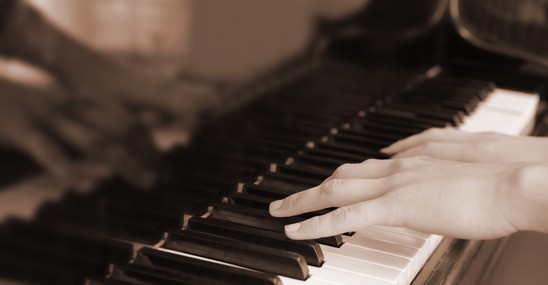
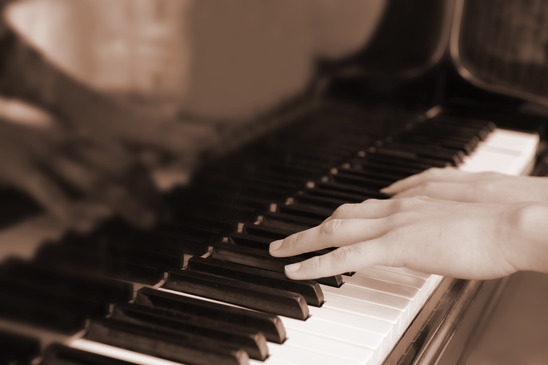 But if your hand injury comes from piano playing – and ideally you should practice regularly in a consistent way that doesn’t lead to injury – the first thing to deal with is the how.
But if your hand injury comes from piano playing – and ideally you should practice regularly in a consistent way that doesn’t lead to injury – the first thing to deal with is the how.
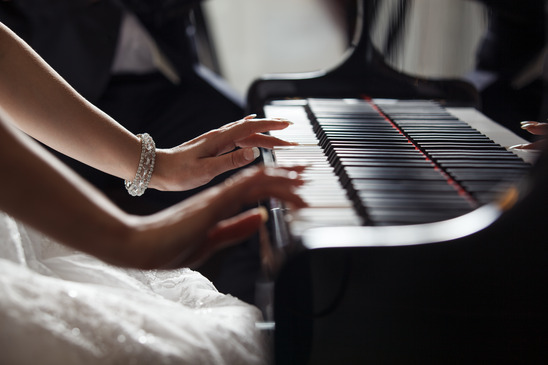 As she approaches college, she announces her love for the piano continues to grow. She wants to continue her love for piano beyond college and make it a full time career.
As she approaches college, she announces her love for the piano continues to grow. She wants to continue her love for piano beyond college and make it a full time career.
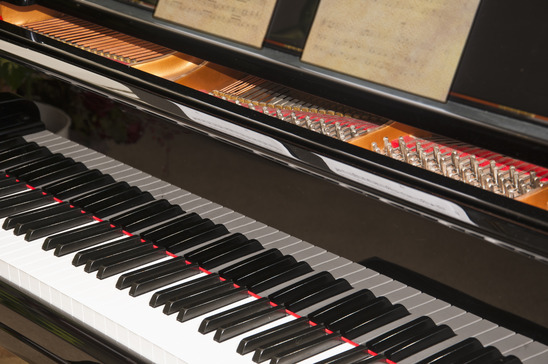 When you come into our store, we have a large selection of new, used and vintage pianos. And if you’re looking for something particular, we can help you find it. With more than 50 years in the business, we know the places to look and the people to call when it comes to finding the perfect piano for you.
When you come into our store, we have a large selection of new, used and vintage pianos. And if you’re looking for something particular, we can help you find it. With more than 50 years in the business, we know the places to look and the people to call when it comes to finding the perfect piano for you.
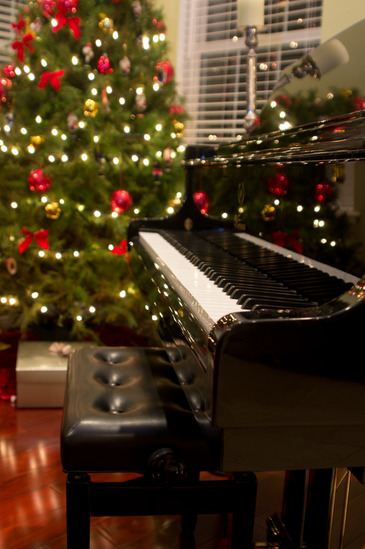 A piano bench is vital for proper form. We are all aware of the discussions revolving ergonomic work stations for computer usage. Studies show if you frequently use a computer without the proper support you could suffer physically. The same is true with a piano bench. A bench (situated properly) will provide the proper alignment of core, arms, hands and piano for the most ergonomic playing position.
A piano bench is vital for proper form. We are all aware of the discussions revolving ergonomic work stations for computer usage. Studies show if you frequently use a computer without the proper support you could suffer physically. The same is true with a piano bench. A bench (situated properly) will provide the proper alignment of core, arms, hands and piano for the most ergonomic playing position.
